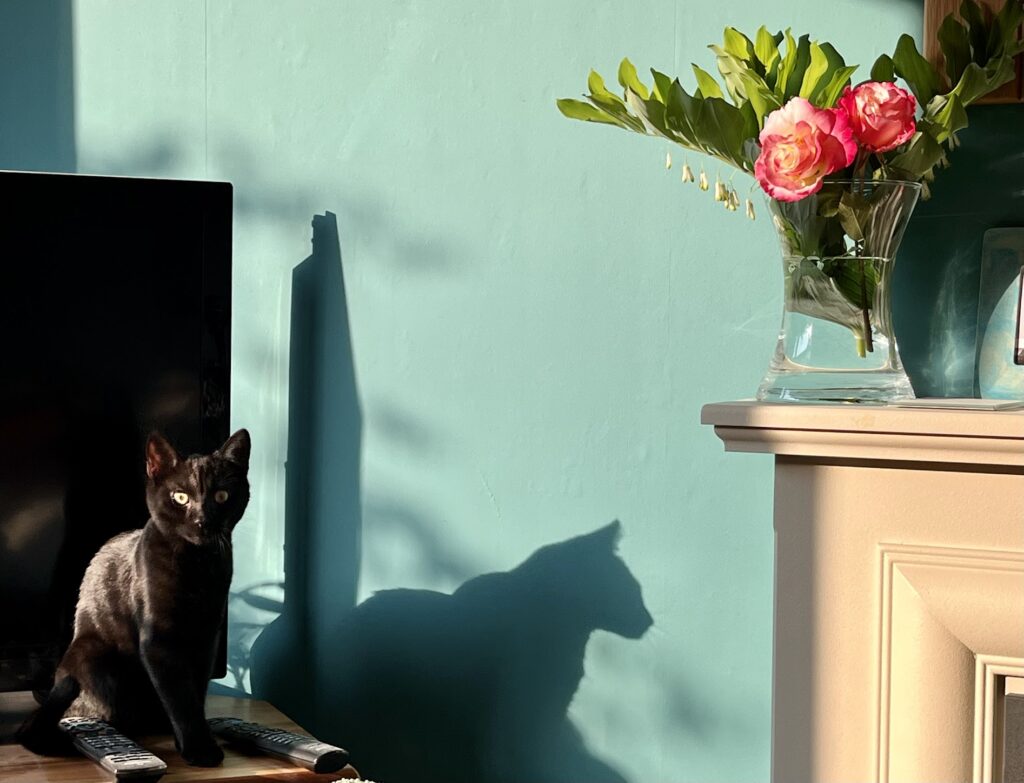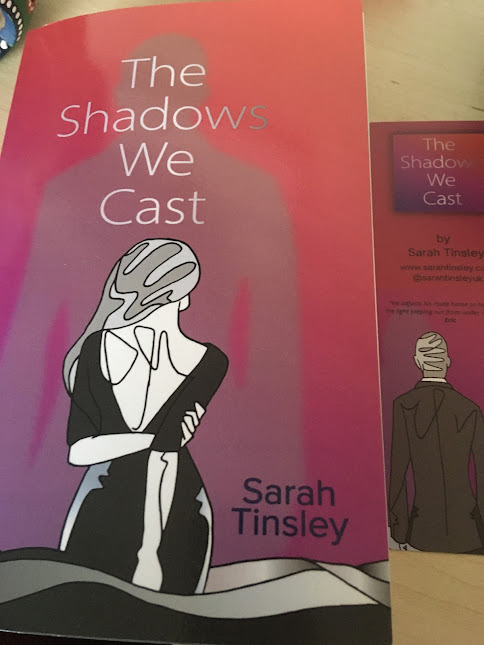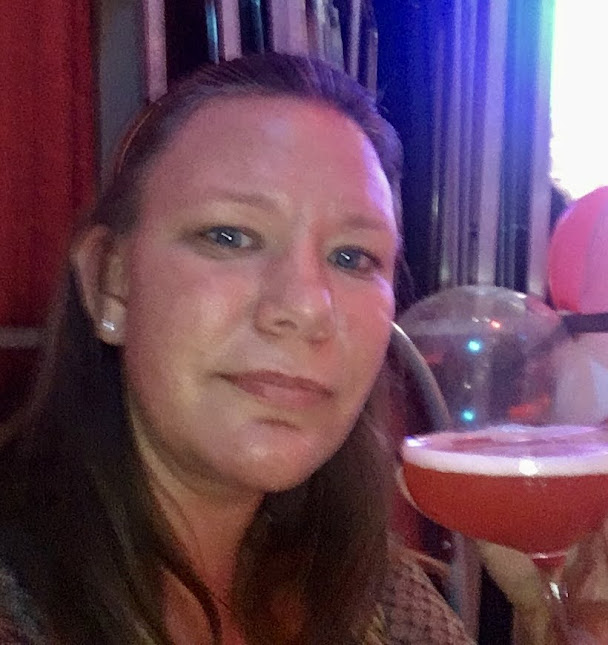This Week’s Bit of String: A lick of paint
Last Easter, after nine years living in our house, I realised I hated the colour of the lounge. Dismissing it as beige would be too good for it; it was a dingy, pinkish, dirty-flesh, off-white hue.
At the time, my 20-year-old kiddo was about to move to the USA, my husband was struggling, and I would sit in the lounge not daring to take up a project of my own because either they would need me for something or I would need to convince them to do something, at any moment. And as I stared at the walls and considered how best to help my family, whether to push or to cajole or to leave alone, I noticed that I loathed the room.
It took nearly a year to get round to changing it. I think it took 75% of that time for me to effectively communicate that I couldn’t bear it anymore. By now my little Bear was fairly settled overseas and my husband was doing well also. He has a very good sense for matters of structure and decor, and where I was desperate for almost any fresh paint at all, he was quite sensible and had lots of good ideas and eventually, with a tremendous amount of work, we unbeiged.

We now have deep teal at one end of the lounge, and clean, pale greenish-aqua on the longest two walls. It’s fresh like a pool you could dive into. Might paint the final wall teal but that end is, unsurprisingly, taken up by large, full bookshelves, so my sense of urgency has faded.
It’s funny how we get these sudden revelations that something is intolerable. It’s funny too how things that have always been there, we’ll only start to discover. I’ve written before about how privilege delayed some of us in acknowledging the struggles of people in other races. I have to admit, as Pride Month comes to a close, that I was similarly tardy in recognising the plight of people in the LGBTQIA+ community.
Early Encounters
The first time I remember someone actually discussing anything other than straight, non-cisgendered relationships, I was in first grade. A classmate used the term “pervert,” I asked what it meant, and my fellow 6-year-old replied, “It’s a man who has sex with other men.”
I wonder why that kid was given such a specific, rather homophobic definition. I wonder what sort of realisations he had as he got older.
Going to high school in the mid/ late 1990s, I had some classmates and friends who were able to be free and honest about their sexuality, and some who could not until later. I was unfazed by it, dealing with my own issues and not wishing to be hard on anyone else. But I did grow up in a church where such things were thought to be abnormal and downright wrong, and I realised during college that I had some prejudices.
This revelation was precipitated by a panel representing LGBTQIA + students from our campus. A girl among them shared how, when she came out, one of her older relatives sighed: “But you’re so pretty…”
My stomach lurched. I’d thought the same thing when I saw her amongst the group. I wasn’t attracted to her (I don’t work that way), but I suppose the implication was: She’s such a pretty girl, must she be squandered on something deviant? It’s a weird thought, because not only does it denigrate homosexual relationships, it also diminishes the value of women, as if beauty may only be reserved for men’s appreciation.
So I recognised that I’d been seeing this young woman as a character or a good-looking avatar, and had superimposed my own ideas of a happy relationship upon her. I had dehumanised her. I tried to be more aware and careful after that.
Going Beyond
You may notice I don’t use gendered language about my [no longer very childlike] child. Our Bear is nonbinary. In their words, it’s not something that can be explained because it’s not a decision.
This makes sense. In the same way no one invents electricity, a person does not necessarily journey toward an identity. It was always there waiting to be acknowledged.

The brilliant thing about Bear being nonbinary is that we can have discussions about music and baseball and relationships and also about nail varnish and hair length. Of course, any one person should be able to experiment with every one of those things. One reason my kiddo feels “not in between two genders, just above it (or done with it all)” is because throughout history, we’ve created ridiculously rigid definitions for male versus female.
It’s all gone a bit beige and then Pride comes along and freshens things up.
I tend not to say I’m proud of my child because they are their own person; I can’t take credit for the many attributes I love about them. But seeing them settle and feel more free about who they are makes me very happy.
Looking at etymology, the earliest roots of the word proud lie in being forward, first, like a chief or leader. Above things, you might say. I am grateful to those in the LGBTQIA+ communities for marching forward and leading us to be more inclusive and colourful.
What does Pride month mean to you?



